April 9 stands as one of history’s most eventful days, witnessing the rise and fall of empires, groundbreaking discoveries, and moments that shaped our modern world across centuries of human achievement.

Politics and Government Events on April 9
1909 – U.S. Congress Passes Payne-Aldrich Tariff Act
The United States Congress enacted landmark tariff legislation that would reshape American trade policy. The Payne-Aldrich Tariff Act significantly reduced import duties on numerous goods while maintaining protective barriers for key industries.
Republican leaders championed the measure as economic reform, though critics argued it favored corporate interests. The legislation sparked intense political debate that would influence the upcoming presidential election and redefine party positions on trade policy.
1940 – Vidkun Quisling Seizes Power in Norway
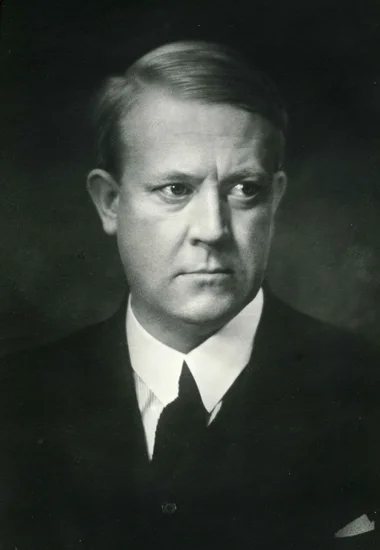
Norwegian politician Vidkun Quisling executed a dramatic coup attempt, declaring himself head of government during Germany’s invasion. His radio broadcast shocked Norwegian citizens who had never elected him to any significant office.
The power grab lasted only six days before German authorities dismissed him as ineffective. Quisling’s treacherous actions made his surname synonymous with political betrayal and collaboration with enemy forces worldwide.
1952 – Hugo Ballivián’s Government Overthrown by Bolivian National Revolution
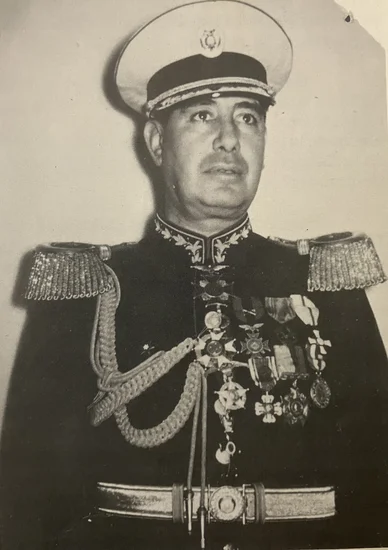
Revolutionary forces toppled Bolivia’s military government, launching sweeping social and economic reforms across the nation. The National Revolutionary Movement seized control of major cities and government institutions within hours.
The revolution introduced universal suffrage, nationalized tin mines, and implemented comprehensive land redistribution programs. These radical changes transformed Bolivia from a feudal oligarchy into a modern democratic state with expanded civil rights.
1991 – Georgia Declares Independence from Soviet Union
The Georgian Supreme Council voted overwhelmingly to restore the country’s independence after seven decades of Soviet rule. Nationalist leader Zviad Gamsakhurdia led the historic session that formally severed ties with Moscow.
Massive crowds celebrated throughout Tbilisi as the declaration was announced on state television. Georgia became one of the first Soviet republics to achieve complete independence, inspiring similar movements across Eastern Europe.
2003 – Iraq War: Baghdad Falls to American Forces
Coalition forces captured Iraq’s capital city after three weeks of intensive military operations. American tanks rolled through central Baghdad as Saddam Hussein’s government collapsed and fled the city.
International television networks broadcast live footage of jubilant crowds toppling Hussein’s statue in Firdaus Square. The dramatic fall of Baghdad marked a decisive moment in the Iraq War and ended decades of Ba’athist rule.
Military and Naval History on April 9
1917 – World War I: Battle of Arras Begins with Canadian Corps Assault on Vimy Ridge
The Canadian Corps launched a massive coordinated assault against heavily fortified German positions on Vimy Ridge. Four Canadian divisions attacked simultaneously using innovative tactics and extensive artillery preparation.
The offensive marked the first time all Canadian divisions fought together under unified command. Their stunning success in capturing the ridge became a defining moment in Canadian military history and national identity.
1918 – World War I: Portuguese Expeditionary Corps Crushed in Battle of the Lys
German forces overwhelmed Portuguese troops during the massive Spring Offensive in the Flanders region of Belgium. The Portuguese Expeditionary Corps suffered catastrophic losses as enemy divisions broke through their defensive lines.
The devastating defeat forced Portugal to withdraw most of its remaining forces from the Western Front. This crushing blow highlighted the immense pressure facing Allied forces during Germany’s final major offensive campaign.
1942 – World War II: Battle of Bataan Ends and Death March Begins
American and Filipino forces on the Bataan Peninsula surrendered to Japanese troops after months of fierce resistance. Approximately 76,000 Allied prisoners faced immediate forced evacuation under brutal conditions.
The infamous Bataan Death March began as Japanese guards forced weakened prisoners to walk over 60 miles to prison camps. Thousands died from exhaustion, disease, and execution during this war crime that shocked the world.
1945 – World War II: German Heavy Cruiser Admiral Scheer Sunk by Royal Air Force
British aircraft successfully targeted and destroyed the German heavy cruiser Admiral Scheer in Kiel harbor. The warship had terrorized Allied shipping throughout the war as a powerful surface raider.
The sinking represented a significant victory for RAF bomber crews operating deep in German territory. Admiral Scheer’s destruction eliminated one of Nazi Germany’s most formidable remaining naval vessels.
Science and Discovery Milestones on April 9
1945 – United States Atomic Energy Commission Formed
The U.S. government established the Atomic Energy Commission to oversee nuclear research and weapons development programs. This federal agency assumed control over all atomic energy activities previously managed by the military.
The commission’s creation marked America’s commitment to maintaining nuclear supremacy in the post-war era. Scientists and policymakers recognized the immense potential of atomic energy for both military applications and peaceful purposes.
1959 – NASA Announces Selection of Mercury Seven Astronauts
The National Aeronautics and Space Administration revealed the names of America’s first seven astronauts chosen for Project Mercury. These test pilots would spearhead the nation’s ambitious human spaceflight program.
The news media quickly dubbed them the “Mercury Seven,” transforming these military aviators into national heroes. Their selection launched America’s space race against the Soviet Union and captured the public imagination about space exploration.
1918 – Jørn Utzon Born, Danish Architect Who Designed Sydney Opera House
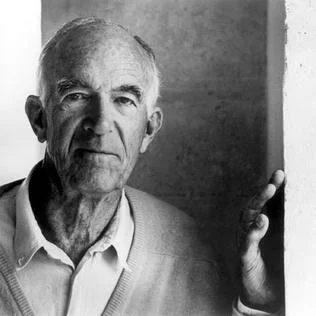
Danish architect Jørn Utzon entered the world in Copenhagen, destined to create one of the twentieth century’s most iconic buildings. His childhood fascination with ships and sailing would later influence his architectural philosophy.
Utzon’s revolutionary design for the Sydney Opera House would earn him international acclaim and architectural immortality. His innovative use of geometric forms and structural engineering created a masterpiece that redefined modern architecture.
1919 – J. Presper Eckert Born, American Engineer Who Invented ENIAC

American electrical engineer J. Presper Eckert was born in Philadelphia, Pennsylvania, future pioneer of computer technology. His early interest in electronics and mathematics laid the foundation for groundbreaking innovations.
Eckert would co-develop ENIAC, one of the world’s first general-purpose electronic digital computers. His revolutionary work in computer engineering helped launch the digital age and transform modern society.
Cultural and Arts Events on April 9
1939 – Marian Anderson Performs at Lincoln Memorial

African-American contralto Marian Anderson delivered a powerful concert at the Lincoln Memorial after being denied Constitution Hall by the Daughters of the American Revolution. Her performance drew over 75,000 people to the National Mall.
First Lady Eleanor Roosevelt arranged the historic concert, which became a pivotal moment in the civil rights movement. Anderson’s dignified performance challenged racial segregation and demonstrated the power of artistic excellence to transcend prejudice.
1933 – Jean-Paul Belmondo Born, French Actor and Producer
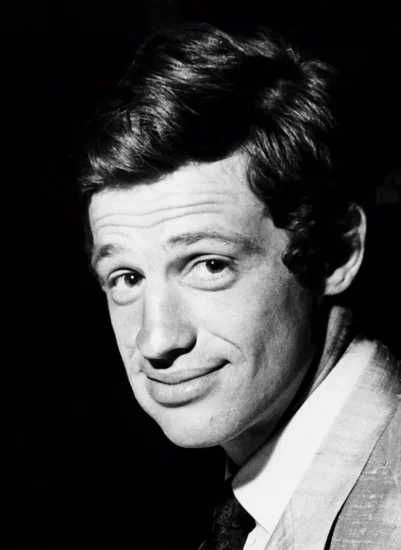
French actor Jean-Paul Belmondo was born in Neuilly-sur-Seine, destined to become one of cinema’s most charismatic leading men. His athletic build and natural charm would make him perfect for action-adventure roles.
Belmondo would star in numerous French New Wave films and become an international movie star. His performances in films like “Breathless” and “The Professional” established him as an icon of French cinema.
1954 – Dennis Quaid Born, American Actor

American actor Dennis Quaid was born in Houston, Texas, future star of numerous Hollywood blockbusters. His natural talent and versatility would make him one of cinema’s most reliable leading men.
Quaid would excel in diverse roles ranging from dramatic performances to action-adventure films. His memorable appearances in movies like “The Right Stuff” and “Frequency” showcased his remarkable range as an actor.
1990 – Kristen Stewart Born, American Actress

American actress Kristen Stewart was born in Los Angeles, California, future star of the globally successful “Twilight” film series. Her early exposure to the entertainment industry shaped her career ambitions.
Stewart would become one of Hollywood’s most recognizable young actresses through her portrayal of Bella Swan. Her subsequent indie film work demonstrated her commitment to challenging and diverse roles.
Religious and Social Events on April 9
1947 – Journey of Reconciliation Begins

The first interracial Freedom Ride commenced through the upper South, directly challenging Jim Crow segregation laws. Black and white activists rode together on interstate buses to test Supreme Court rulings on desegregated travel.
The Journey of Reconciliation sought enforcement of the 1946 Irene Morgan decision banning racial segregation in interstate transportation. These courageous riders faced arrest and violence while pioneering tactics that would define the civil rights movement.
1989 – Tbilisi Massacre: Soviet Army Disperses Georgian Independence Demonstration
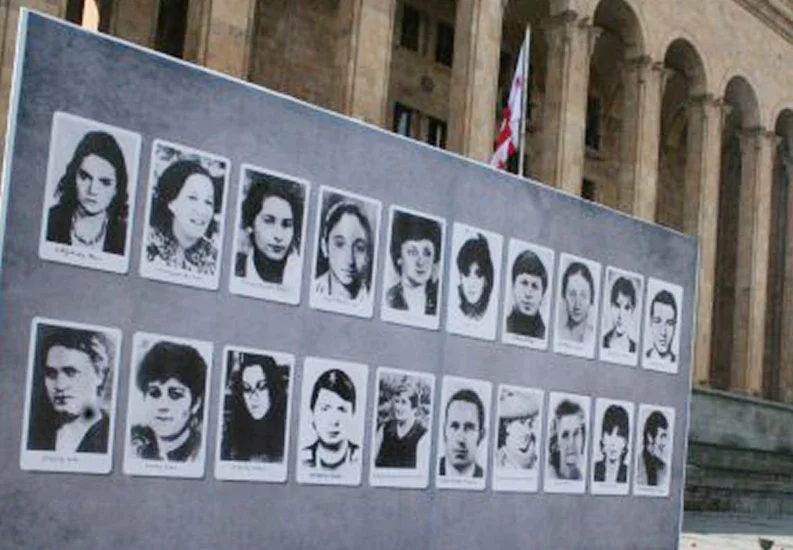
Soviet forces brutally suppressed a peaceful pro-independence demonstration in Tbilisi, killing twenty civilians and injuring hundreds more. The violent crackdown shocked the international community and galvanized Georgian resistance.
The massacre occurred during a hunger strike demanding restoration of Georgian independence from Soviet rule. This tragic event accelerated the collapse of Soviet authority and strengthened Georgian determination to achieve freedom.
2017 – Palm Sunday Church Bombings in Egypt
Terrorist attacks targeted Coptic Christian churches in Tanta and Alexandria during Palm Sunday services, killing dozens of worshippers. The coordinated bombings represented one of the deadliest attacks on Egypt’s Christian minority.
The attacks sparked international condemnation and highlighted the vulnerability of religious minorities in the Middle East. Egyptian authorities declared a state of emergency and launched extensive counter-terrorism operations.
Business and Economic Events on April 9
1926 – Hugh Hefner Born, American Publisher Who Founded Playboy Enterprises

American publisher Hugh Hefner was born in Chicago, Illinois, future creator of the Playboy media empire. His entrepreneurial vision would revolutionize adult entertainment and challenge social conventions.
Hefner would build Playboy into a global brand encompassing magazines, clubs, and multimedia content. His business acumen and controversial lifestyle made him one of America’s most recognizable cultural figures.
1930 – Wallace McCain Born, Canadian Businessman Who Founded McCain Foods
Canadian entrepreneur Wallace McCain was born in Florenceville, New Brunswick, future co-founder of McCain Foods. His family’s potato farming background provided the foundation for a global food empire.
McCain would help transform a small family operation into the world’s largest producer of frozen french fries. His business innovations and international expansion strategy created one of Canada’s most successful multinational corporations.
1965 – Jeff Zucker Born, American Businessman
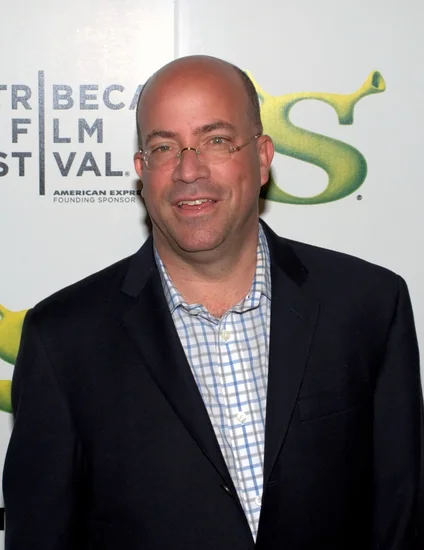
American media executive Jeff Zucker was born in Homestead, Florida, future president of CNN and NBC Universal. His early interest in television production would shape his career in broadcast journalism.
Zucker would become one of the most powerful figures in American media, overseeing major news networks and entertainment programming. His leadership during crucial political periods made him a controversial but influential media executive.
Transportation and Infrastructure on April 9
1937 – Kamikaze Arrives at Croydon Airport in London
The Japanese aircraft Kamikaze completed its historic flight from Tokyo to London, becoming the first Japanese-built airplane to reach Europe. The successful journey demonstrated Japanese aviation capabilities to the international community.
The flight covered over 9,000 miles in just over 94 hours, setting new records for long-distance aviation. This achievement showcased Japan’s rapidly advancing aerospace technology and engineering expertise.
1967 – First Boeing 737 Makes Its Maiden Flight
The inaugural Boeing 737-100 successfully completed its first flight, launching one of aviation’s most successful aircraft families. Test pilots evaluated the twin-engine jetliner’s performance and handling characteristics.
The 737 would become the world’s best-selling commercial airliner, revolutionizing short-haul transportation. Boeing’s design innovations made air travel more accessible and affordable for millions of passengers worldwide.
1969 – First British-Built Concorde Makes Maiden Flight
The British-built Concorde 002 successfully completed its first flight from Filton to RAF Fairford with test pilot Brian Trubshaw at the controls. This supersonic passenger aircraft represented a triumph of Anglo-French engineering collaboration.
The Concorde would become the world’s most famous supersonic airliner, cutting Atlantic crossing times in half. Its elegant design and advanced technology made it an icon of aviation achievement and luxury travel.
1957 – Suez Canal Reopens Following Suez Crisis
The Suez Canal reopened to international shipping after months of closure following the 1956 Suez Crisis. Egyptian authorities cleared the waterway of sunken vessels and restored normal operations.
The canal’s reopening restored vital trade routes between Europe and Asia, relieving global shipping pressures. This achievement demonstrated Egypt’s determination to maintain control over this strategic waterway.
Sports and Recreation on April 9
1957 – Seve Ballesteros Born, Spanish Golfer

Spanish golfer Seve Ballesteros was born in Pedreña, Cantabria, future Masters champion and golf legend. His childhood spent playing on beaches with makeshift clubs developed his creative shot-making abilities.
Ballesteros would become one of golf’s most charismatic champions, winning five major championships including two Masters titles. His passionate style and imaginative play inspired a generation of European golfers.
1975 – Robbie Fowler Born, English Footballer
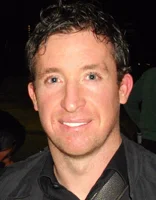
English striker Robbie Fowler was born in Liverpool, future prolific goalscorer and Liverpool Football Club legend. His natural finishing ability and local roots made him a fan favorite at Anfield.
Fowler would become one of the Premier League’s most deadly strikers, earning the nickname “God” from Liverpool supporters. His clinical finishing and loyalty to his hometown club made him a Merseyside icon.
1971 – Jacques Villeneuve Born, Canadian Race Car Driver

Canadian racing driver Jacques Villeneuve was born in Saint-Jean-sur-Richelieu, Quebec, son of Formula One legend Gilles Villeneuve. His racing pedigree and natural talent would propel him to motorsport success.
Villeneuve would win the Indianapolis 500, CART championship, and Formula One World Championship. His achievements made him the only driver to win both the Indy 500 and Formula One title.
Notable Births on April 9
1905 – J. William Fulbright Born, American Lawyer and Politician
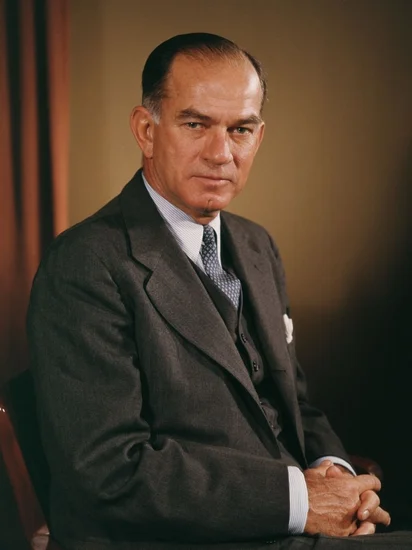
American politician J. William Fulbright was born in Sumner, Missouri, future U.S. Senator and international education advocate. His academic background and global perspective would shape his political philosophy.
Fulbright would create the internationally renowned Fulbright Fellowship program, promoting educational exchange between nations. His legislative work and scholarly approach to foreign policy made him one of America’s most respected senators.
1928 – Tom Lehrer Born, American Singer-Songwriter and Mathematician

American satirist Tom Lehrer was born in New York City, future master of mathematical humor and musical satire. His academic training in mathematics would inform his witty and clever songwriting style.
Lehrer would become famous for his satirical songs that combined mathematical concepts with social commentary. His albums and performances influenced generations of comedians and musicians with their intellectual humor.
1932 – Carl Perkins Born, American Singer-Songwriter and Guitarist
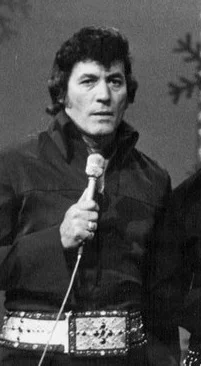
American musician Carl Perkins was born in Tiptonville, Tennessee, future rockabilly pioneer and influential guitarist. His rural upbringing and musical family provided the foundation for his distinctive sound.
Perkins would write and perform “Blue Suede Shoes,” one of rock and roll’s most iconic songs. His innovative guitar playing and songwriting influenced countless musicians including Elvis Presley and The Beatles.
1964 – Doug Ducey Born, American Politician and Businessman

American politician Doug Ducey was born in Toledo, Ohio, future Governor of Arizona and business executive. His entrepreneurial background and conservative principles would guide his political career.
Ducey would serve as Arizona’s governor during challenging periods including the COVID-19 pandemic and immigration debates. His business experience and pragmatic approach made him a prominent Republican leader.
1982 – Jay Baruchel Born, Canadian Actor

Canadian actor Jay Baruchel was born in Ottawa, Ontario, future star of comedy films and television series. His distinctive voice and comedic timing would make him a sought-after performer.
Baruchel would star in successful comedies like “Superbad” and voice the lead character in the “How to Train Your Dragon” franchise. His versatility as both live-action and voice actor expanded his entertainment career.
Notable Deaths on April 9
1945 – Dietrich Bonhoeffer Dies, German Pastor and Theologian

German Lutheran pastor and anti-Nazi resistance member Dietrich Bonhoeffer was executed by hanging at Flossenbürg concentration camp. His theological writings and courageous opposition to Hitler’s regime made him a martyr.
Bonhoeffer’s books and letters from prison continued to influence Christian theology and ethics long after his death. His sacrifice demonstrated the power of faith-based resistance against totalitarian oppression.
1959 – Frank Lloyd Wright Dies, American Architect
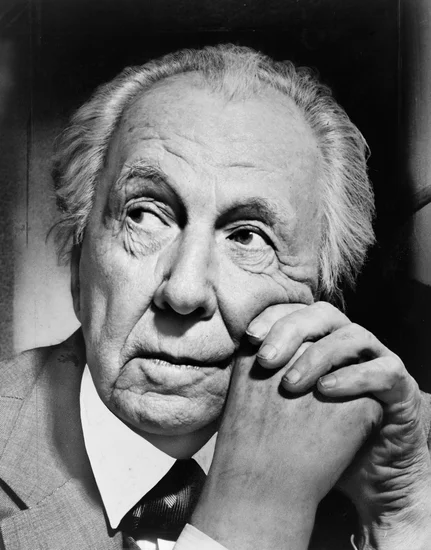
American architect Frank Lloyd Wright died in Phoenix, Arizona, leaving behind a revolutionary legacy in architectural design. His organic architecture philosophy and innovative building techniques transformed modern construction.
Wright designed over 1,000 structures including the iconic Fallingwater and Guggenheim Museum. His Prairie School movement and architectural innovations influenced generations of designers and changed how people think about buildings.
1976 – Phil Ochs Dies, American Singer-Songwriter and Guitarist

American folk singer and political activist Phil Ochs died by suicide in Far Rockaway, New York, ending a troubled but influential career. His protest songs and social commentary defined the 1960s folk music movement.
Ochs wrote powerful songs about civil rights, Vietnam War, and social justice that inspired political activism. His passionate performances and unwavering commitment to progressive causes made him a voice of his generation.
2001 – Willie Stargell Dies, American Baseball Player and Coach
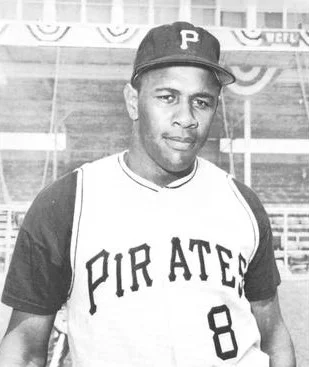
American baseball legend Willie Stargell died in Wilmington, North Carolina, after a hall-of-fame career with the Pittsburgh Pirates. His powerful hitting and inspirational leadership made him one of baseball’s greatest players.
Stargell led the Pirates to two World Series championships and earned the nickname “Pops” for his mentoring of younger players. His 475 home runs and charismatic personality made him a beloved figure in Pittsburgh sports history.
2021 – Prince Philip Dies, Duke of Edinburgh
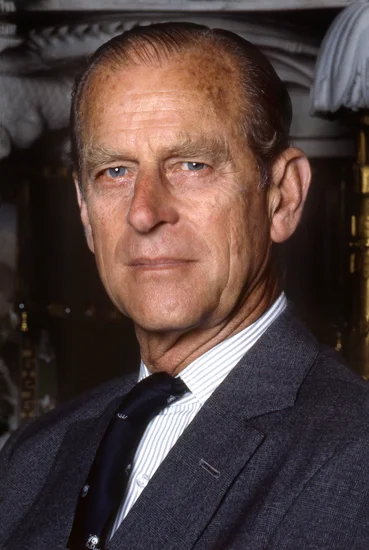
Prince Philip, Duke of Edinburgh and husband of Queen Elizabeth II, died at Windsor Castle at age 99. His seven-decade marriage to the Queen and service to the British Commonwealth made him a defining figure of the modern monarchy.
Philip’s naval service, environmental advocacy, and youth development programs left a lasting impact on British society. His death marked the end of an era for the British Royal Family and the United Kingdom.
Holidays and Observances on April 9
Day of Valor (Philippines)
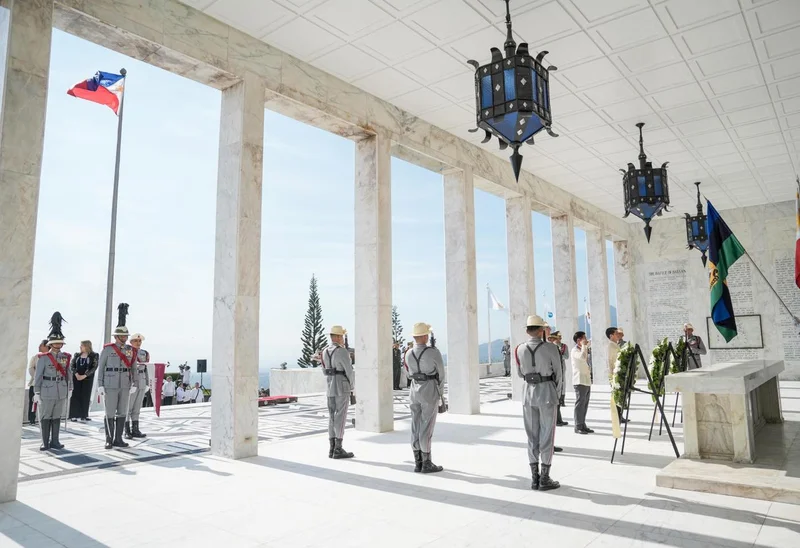
The Philippines observes Day of Valor, commemorating the courage of Filipino and American forces during World War II. This national holiday honors the defenders of Bataan and Corregidor who fought against Japanese invasion.
The observance pays tribute to the soldiers who endured the Bataan Death March and other wartime atrocities. Veterans and their families gather at memorials throughout the Philippines to remember these sacrifices.
Vimy Ridge Day (Canada)
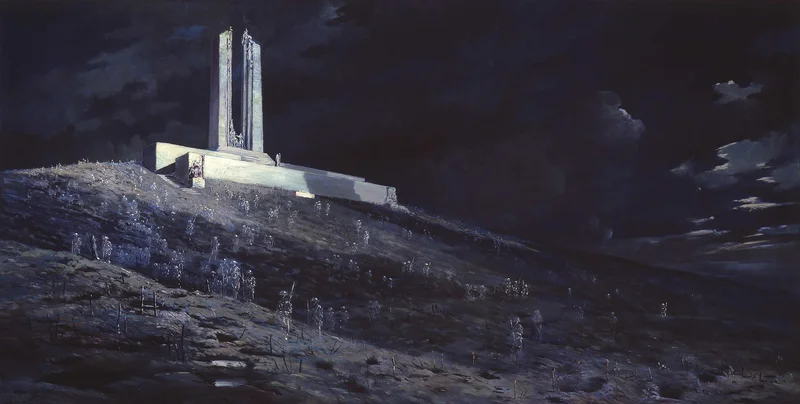
Canada commemorates Vimy Ridge Day, honoring the Canadian Corps’ historic victory during World War I. This observance celebrates the first time all four Canadian divisions fought together as a unified force.
The battle’s success marked a defining moment in Canadian military history and national identity. Ceremonies at the Vimy Memorial in France and across Canada honor the soldiers who fought in this crucial engagement.
Constitution Day (Kosovo)
Kosovo observes Constitution Day, celebrating the adoption of its constitution following independence from Serbia. This national holiday marks the establishment of Kosovo’s legal framework and democratic institutions.
The day represents Kosovo’s commitment to constitutional governance and rule of law. Government officials and citizens participate in ceremonies highlighting the importance of constitutional democracy and human rights.
